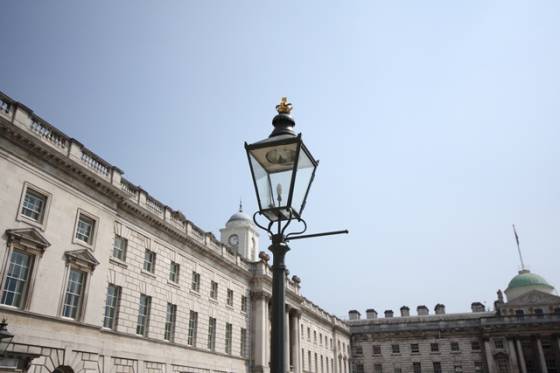With so many brands attempting to gain publicity and recognition throughout the London 2012 Olympics, I can’t help but think that some of their messages will struggle to cut through the clutter.
There are 52 Olympics sponsors in total that spread out over four different categories. These include Worldwide Olympic partners that have a long-term association with the Olympic Games; “Tier One” brands sponsoring London 2012 alone, “Second Tier” London Olympic sponsors; and another group of official suppliers and providers. None of these categories take into account the numerous personal sponsorship deals. For example, Jessica Ennis is sponsored by Adidas, Aviva, British Airways, BP, Jaguar, Powerade, Olay and Omega. Not all of these are official Olympic sponsors, but they are all fighting for recognition and publicity.
In such a crowded and complex space, it’s incredibly important that brands are able to closely associate themselves with the Olympics in a believable and genuine way. First, there must be a clear overlap between the values of the event and the values of the brand. Second, for an event as prestigious as the Olympics, brands should stand out as being universal – demonstrating excellence, courage, fairness, and be champions in their specific field. Finally, they should try and emulate the three qualities of the Olympic motto “Citius, Altius, Fortius.”
In fact, according to a survey carried out by Interbrand, only Adidas, the sole sports sponsor directly involved in the Olympics, won a strong approval from consumers, with 59% of respondents “completely agreeing” that it was a suitable fit. No other brand achieved higher than 50% with British Airways, Coca-Cola, Visa, Panasonic and Samsung achieving in the region of 30% approval from the public. The remainder of sponsors scored substantially less.
Brands that don’t necessarily conform to the traditional values of the Olympics must have a strong integrated campaign in place across earned, paid for, and owned platforms to convey the message behind their Olympic sponsorship. Deliberate and strategic communication across these platforms is crucial with regular engagement before, during and after the prestigious event so that a brand's sponsorship of the Games does not go unnoticed.
For example, McDonald’s is a brand that many people wouldn’t naturally associate with the values and ethics of the Olympics, but is sponsoring the Games as part of a wider strategy pushing for deep reputational change. Its lucrative sponsorship of the Olympics, alongside numerous other health initiatives, such as their Go Active Happy Meals, which provides children with pedometers rather than plastic toys, is a sign that McDonalds is pushing the health agenda harder than ever before. Furthermore, these health messages are being communicated to consumers across multiple platforms to ensure maximum impact. According to the report by Interbrand, it appears that communications are beginning to get through to consumers, with 10% linking the health and well-being message to the McDonald’s brand.
Proctor and Gamble is another example of a company whose Olympic sponsorship is part of a well thought through strategy. The company is currently trying to become a major corporate brand and signing up as a Worldwide Olympic Partner is a key component in reinforcing this. Its advertisements celebrating communities and families, combined with its work in social media (P&G has been ranked consistently in the top 10 of Sociagility’s London 2012 Social Scoreboard) is clearly beginning to have an effect as 11% of consumers recognise this corporate shift as being P&G's Olympics message.
Regular communication will build an expectation and excitement around the brand but these efforts don't always have to have an external focus. For many B2B brands, internal engagement around their Olympic sponsorship is more important, as they look to diferentiate themselves from industry competitors, and attract and retain the best talent within the industry.
Providing that companies have rigorous strategies in place that are part of a wider agenda, such as reputational change, brands should be able to see a return of investment on their Olympic sponsorship. However, if a strong strategy is not in place, and all channels of communication not effectively used, then companies may find themselves being simply forgotten by consumers. Interbrand carried out a “spontaneous recall” that highlighted which brands UK consumers associated with the Olympics. Staggeringly, one in 10 consumers thought that Barclays and Nike were Olympic sponsors, when they in fact were not. This placed them ahead of official sponsors, such as British Airways, BP and BMW.
It just goes to show that during the chaotic time of the Olympic Games with numerous brands fighting for attention, companies must work harder than ever across multiple platforms to get their message across.




Comments